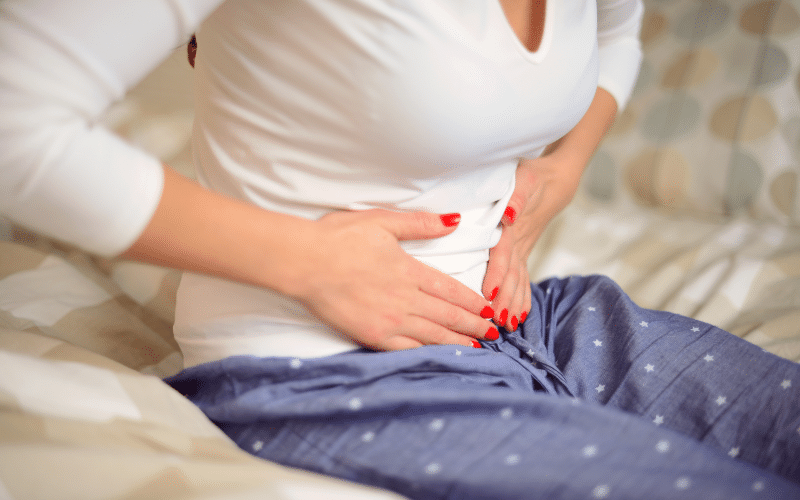Introduction: The Importance of Early Detection
Diverticulitis is a common yet potentially serious condition that affects the digestive system. It occurs when small pouches called diverticula form in the walls of the large intestine and become inflamed or infected. Identifying the early signs of diverticulitis is crucial for timely intervention and treatment, which can help prevent complications and alleviate symptoms.
In this article, we will delve into the 10 first signs of diverticulitis, providing you with valuable insights into recognizing this condition early. By understanding these warning signs, you can seek medical attention promptly and ensure the best possible outcome for your digestive health.
Before we begin, it’s important to note that not all cases of diverticulitis present the same symptoms. Some people may experience mild discomfort, while others may have more severe pain or other complications. As such, always consult a healthcare professional if you suspect you may have diverticulitis or any other medical condition.
Now that we’ve laid the groundwork, let’s explore the 10 first signs of diverticulitis you should be aware of.
Symptom 1. Persistent Abdominal Pain

The first and most telling sign of diverticulitis is persistent abdominal pain. This discomfort is typically concentrated in the lower left quadrant of the abdomen, though it can sometimes be felt in other areas as well.
The intensity of the pain can vary, ranging from a mild ache to severe, incapacitating discomfort. It may worsen with movement, such as bending or lifting, and is often accompanied by tenderness when pressure is applied to the affected area.
There are several factors that can contribute to the development of abdominal pain in individuals with diverticulitis. Inflammation of the diverticula can irritate surrounding tissues, leading to pain and discomfort. Additionally, if a diverticulum becomes infected, it can cause the formation of an abscess, further exacerbating the pain.
It’s crucial not to ignore persistent abdominal pain, as it could be indicative of diverticulitis or another serious medical condition. Seeking prompt medical attention can help ensure a proper diagnosis and timely treatment. (1)